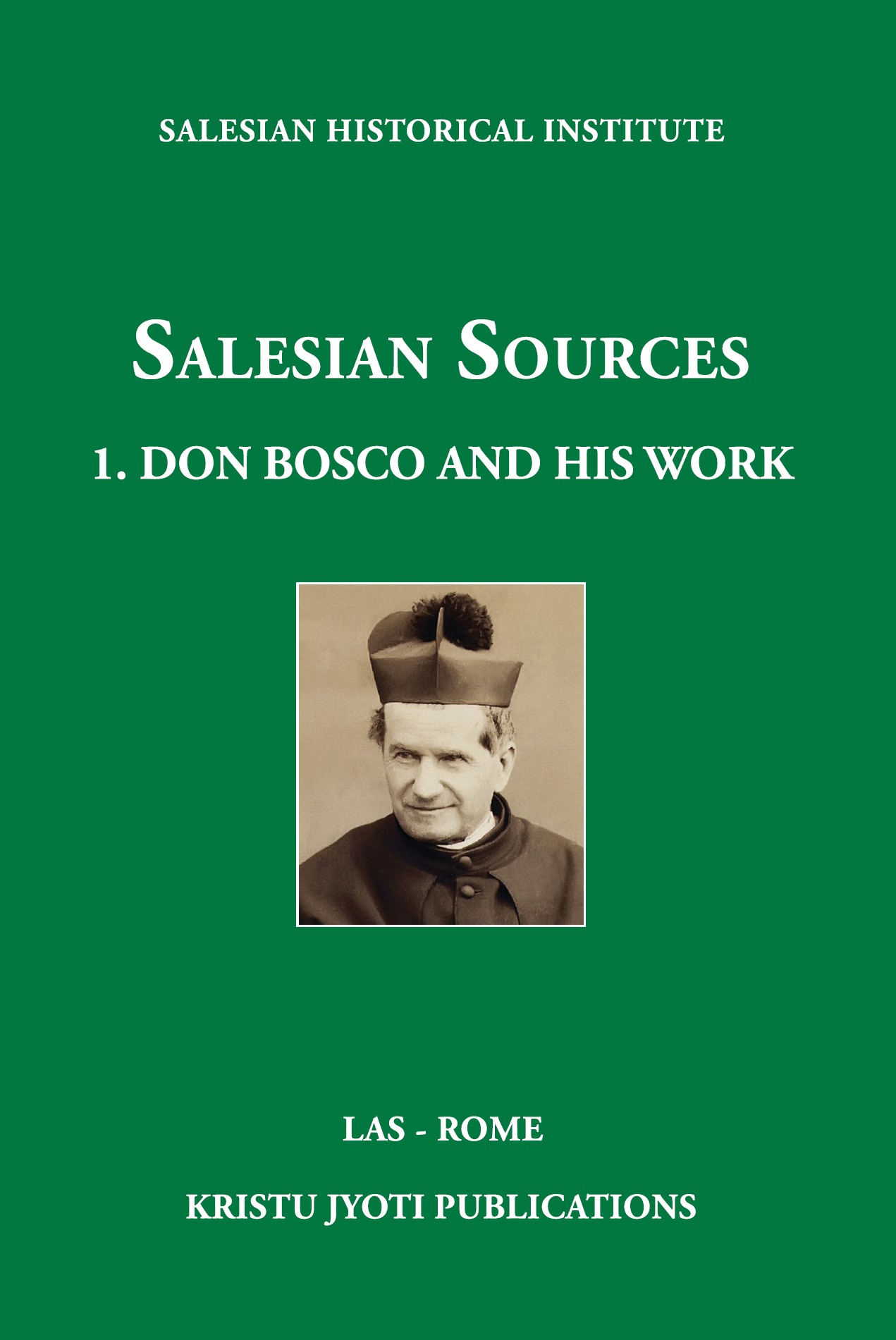Relationships between Don Bosco and Archbishop Gastaldi went through two different stages, one of great understanding and cooperation, and another of notable difficulties and conflicts. The watershed could be considered to be Gastaldi’s transferral from the Episcopal See of Saluzzo to being Archbishop of Turin in 1871.
Theologian and Canon, Lorenzo Gastaldi at the end of the 1840s appreciated and supported Don Bosco’s work of the oratories, he praised him in the press, allowed his mother and sister to help the boys at the Oratory in Valdocco and when he left as a Rosminian for England in 1853 he spoke on behalf of Don Bosco. On his return to Italy, his respect for Don Bosco continued and his friendship intensified through his collaboration in publishing the Catholic Readings, his preaching to the boys at Valdocco and to the Salesians, his lessons in theology to the latter group, and his generous offerings for the church of Mary Help of Christians. Given these precedents, once can understand how Don Bosco indicated him to Cardinal Antonelli as a possible bishop and in 1867 the Pope appointed him to Saluzzo then in 1871, again on indications from Don Bosco, as Archbishop of Turin. At this point the “coexistence” between the two strong personalities became difficult, their mutual esteem for one another and their work diminished, their relationship grew ever more tense and ended up in open conflict, made worse by a hostile secular press, but also by writings from their religious defenders, all with the best of motives. The reasons for dissent or bitter conflict were varied: different ways of thinking about the Church, different ways of understanding formation to the priestly and religious life, disagreement about the Salesian Society being a religious institution and its legal form, different points of view about the privileges obtained by the leader of the Society, real or pretended rights by both sides, justified complaints or sheer obstinacy, voluntary involvement or not in conflict situations for which they had no direct responsibility, the impact that other controversies had on them, or events that were insignificant in themselves but that could lead to painful misunderstandings and mutual distrust. Other than the roles they had and what they represented, we also need to consider that they were individuals of a very different kind and with different sensitivities, different desires, passions and dreams; but they were both fierce fighters, equally inclined to command rather than obey.
Reference time period: 1871 – 1882
G. Bosco, in “Difficult relationships with the Archbishop of Turin” in “Section three. Don Bosco between the holy see, the kingdom of Italy and the archbishop of Turin” in “Part one. Writings and documents of the history of Don Bosco and salesian work” by Francesco Motto in “Salesian Sources 1. Don Bosco and his work. Collected Works”, LAS – Kristu Jyoti, Rome – Bangalore 2017, 258-284.
Reference institution:
Istituto Storico Salesiano
